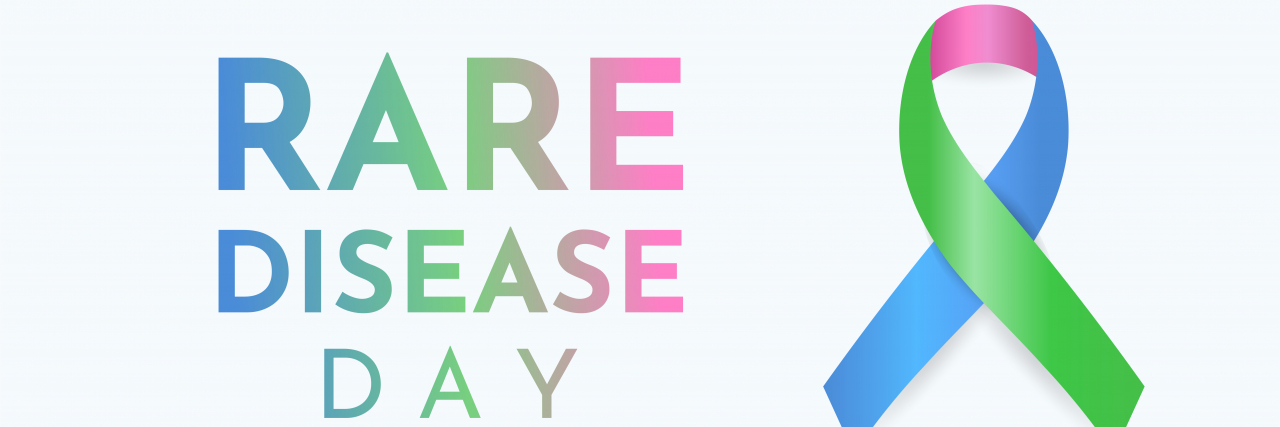The 300 million people living with rare diseases seldom receive appropriate medical treatment. Unlike common chronic diseases for which there are often established and constantly evolving treatments and interventions, those with rare diseases largely struggle to cope with symptoms on their own. This has a devastating effect not only physically, but also, emotionally. Many are often never accurately diagnosed despite dozens of failed attempts and countless consultations with doctors and specialists. When no empirical data for our symptoms is found, we are given psychosomatic diagnoses of depression, anxiety, and other mental health disorders. Ultimately, doctors give up on us and worse, often blame us for our own condition. Even making accusations of self-inflicted illness such as Munchausen syndrome or labeling us with factitious disorder or conversion disorder.
I want doctors and medical professionals to know that many of us are living poor quality, marginalized lives due to the limitations of our health and because of a lack of efficacious treatments. We are debilitated, declining, and progressively dying, often living in isolation and poverty without resources and social support.
I want people to know that those of us living with rare diseases are strong, courageous, resourceful, and resilient. We have no choice but to be. Otherwise, we would surely be dead. We must dig deeper, try harder, and persist longer for minimal results than most people will ever be called upon to even in pursuit of praiseworthy goals. If our efforts were commensurate with accomplishments, we would be the movers and the shakers of the world.
It doesn’t have to be this way. Science and technology are advancing by leaps and bounds. The swiftness with which Covid 19 vaccines were developed shows what can be accomplished with an urgent cooperative effort. There must be a return to an altruistic medical ethic. Those suffering the most must have equity of access to the scientific advancements that have already been made. Every person who has a complicated unsolved medical history should routinely be seen by a geneticist and have DNA studies done with all variants identified and put into a universal data bank that matches variants and symptoms. Existing treatments for known diseases must be expanded for more uses. We must have compassionate use of treatments and “the right to try” treatments that have shown promise. In short, the medical establishment must not give up on us or ignore us.
We have a right to the best quality of life we can have. In the 21st century, it is incomprehensible that millions with so much potential and such a strong desire to live productive lives are languishing.
Getty image by Birjan Mirkovic.

